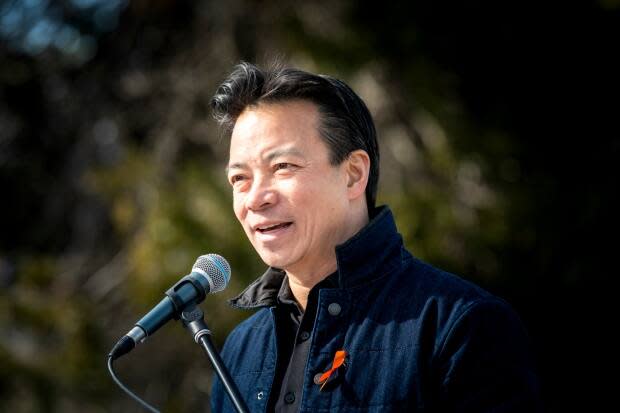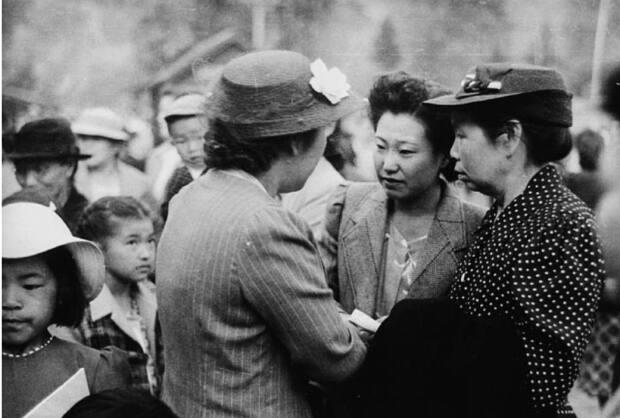Academics voice concern over 'toxic' discussions against Chinese Canadians amid election meddling probe

A group of academics across Canada penned an open letter expressing concern that the investigation into foreign meddling in Canadian elections could trigger "toxic" discussions against people of Chinese descent.
The nine signatories, advisors for the University of Victoria's discussion forum on Canada-China relations, argue the investigations led by special rapporteur David Johnston into alleged interference by China's government may "further indiscriminate and unsubstantiated accusations of loyalty, subversion or treason" against Chinese Canadians.
"We are deeply concerned that government initiatives announced to help combat foreign interference risk creating more problems than they solve," the Tuesday letter to Johnston reads.
"For too many, 'foreign interference' is simply a codeword for 'Chinese' with all the racist overtones that have been imposed on that term."
Allegations against Chinese Canadian politicians
Several Canadian politicians of Chinese descent have openly rejected allegations they are agents of China's government.
This follows reports from Global News and the Globe and Mail that cited leaked information the outlets say is from the Canadian Security Intelligence Service (CSIS), claiming Beijing meddled in the 2019 and 2021 federal elections, and in municipal elections in Vancouver last October.
Liberal MP Han Dong of Toronto's Don Valley North riding said Tuesday he received death threats after Global News published its story last month, where anonymous sources alleged he was among Liberal candidates affiliated with China's foreign interference network.
"It's unverified, anonymous allegations," Dong said.

Last week, Vancouver Mayor Ken Sim denounced what he said were "insinuations" he had won the mayoral election thanks to interference from the Chinese consulate in Vancouver.
"I'll just say it: if I was a Caucasian male, we're not having this conversation," said Sim, Vancouver's first mayor of Chinese descent.
Accusations could be 'groundless': prof
The open letter noted the history of Japanese Canadians' wartime internment to argue against what it described are "unfounded" accusations against Chinese Canadian politicians.
"During the Second World War, the Canadian government uprooted and dispossessed 23,000 Japanese Canadians because some people accused them of being spies or a fifth column for Japan, accusations that history has shown to be groundless."
John Price, a retired professor of Asian history at UVic and one of the signatories, says given Canada's history of racism and colonialism, it is a "tricky question" to define what counts as "foreign" in investigations on foreign interference.
"Many people from racialized communities feel that they're always treated a perpetual foreigners," he told guest host Gloria Macarenko on CBC's The Early Edition.
"Here we have the term 'foreign' [or] 'foreigners' being used in ways that are not defined, [and] once we get into that, we're into really murky waters."

Price admits China's government is capable of interfering with the internal affairs of other countries, but so are other nations — including the United States, which he says attempted covert regime change in other countries 64 times during the Cold War.
Recommended actions to special rapporteur
The letter warns that discussions around meddling in Canadian elections could stymie international co-operation to address global issues such as climate change.
It also reminds national security agencies such as the CSIS and RCMP that threats come from not only foreign actors but also domestic groups, such as "far-right, white supremacist organizations."
The open letter recommends the special rapporteur to consider the following actions:
Strictly enforce existing legal measures and institutions to prevent election interference.
Instruct CSIS and RCMP to address threats from white supremacist organizations.
Promote anti-racism education for all public servants.
Create an independent agency to track foreign interference in Canadian politics.
Undertake measures that are diplomatic in order to reduce global tensions.

